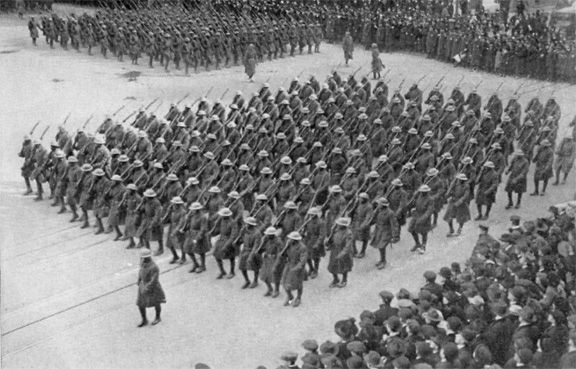
LATE MILITARISM
Militarism is a belief that a nation should develop, maintain, and use a strong military to expand its interests. A militaristic country has a large defense force on which it spends a disproportionate share of its income. The society subordinates all other national interests to support a strong military.
Militarism is a philosophy or system that emphasises the importance of military power. Alfred Vagts, a German historian who served in World War I, defined it as the “domination of the military man over the civilian, an undue preponderance of military demands, an emphasis on military considerations”.
In militaristic nations, generals and admirals usually act as de facto government ministers or officials, advising political leaders and influencing domestic policy. Not surprisingly, this leads to significant increases in defence and arms spending.
Late 19th and early 20th-century militarism fuelled an arms race that gave rise to new military technologies and increased defence spending. Militarism also shaped culture, the press and public opinion. Newspapers held up military leaders as heroes, painted rival nations as dangerous aggressors and regularly speculated about the possibility of war.
The other ‘isms’
Militarism and two other ‘isms’, nationalism and imperialism, were all intrinsically connected. They were systems, ideologies or ways of thinking that reinforced and strengthened each other.
Militarism, Nationalism, Mercantilism, and Imperialism
Militarism in World War I
German Militarism and World War II
Militarism and the Cold War


